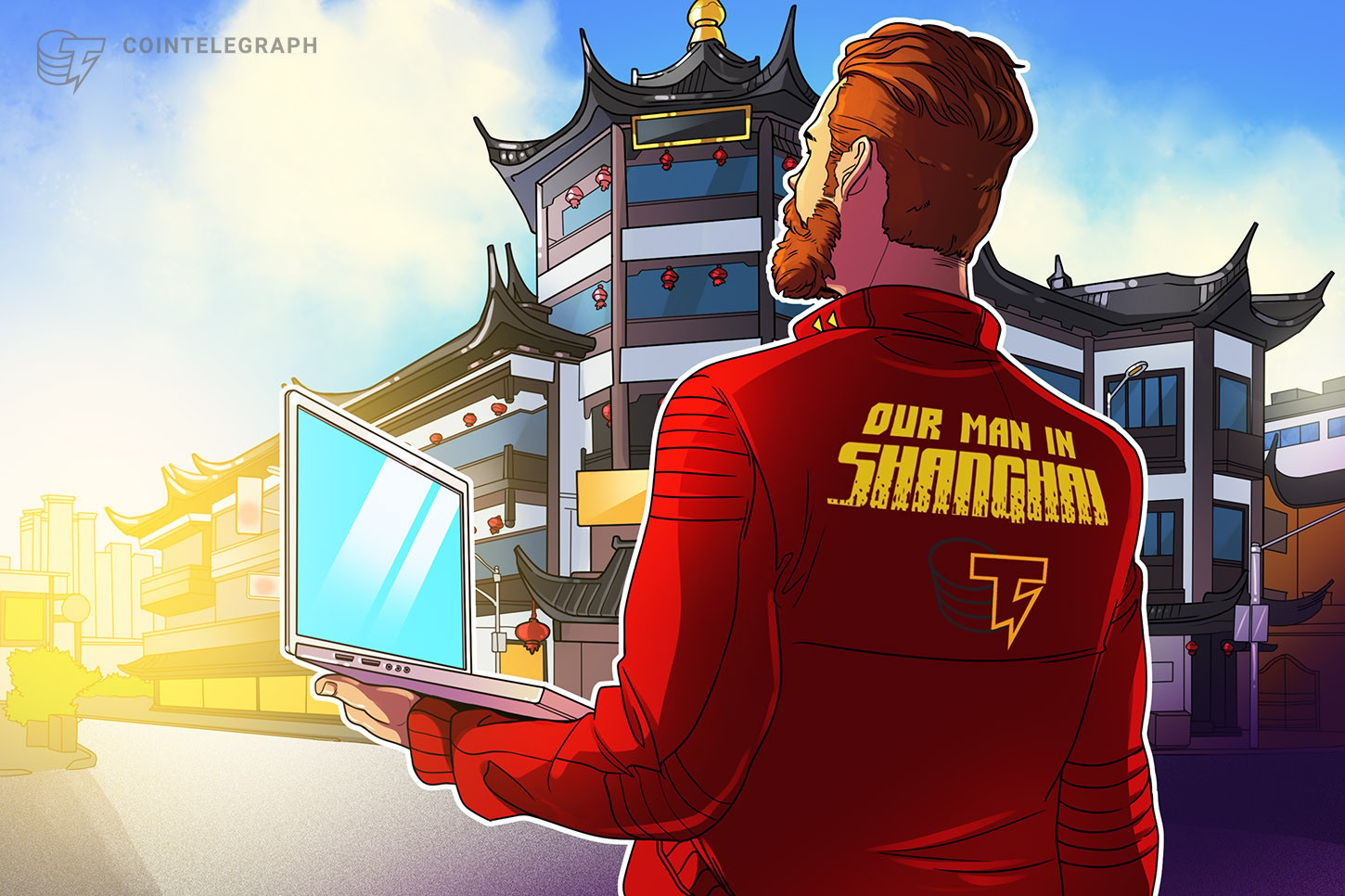This weekly roundup of news from Mainland China, Taiwan, and Hong Kong attempts to curate the industry’s most important news, including influential projects, changes in the regulatory landscape, and enterprise blockchain integrations.
Could green miners get a pass?
Last week’s column had a look at the recent crackdown on cryptocurrency miners as China heads towards a more carbon-neutral policy. This week, the Southwest province of China was humming a slightly different tune as the Sichuan Energy Regulatory Office organized a symposium on the topic. The province has a heavy mining concentration due to low cost energy generated from a developed hydroelectric power system. The symposium failed to reach a resolution, leading to speculation that the green energy of the province will lead to much more positive regulation.
Zhang Nangeng, CEO of mining-machine manufacturer Canaan, added to this speculation by calling for China to make allowances for green-energy powered miners. “For-profit miners prefer regions with low electricity prices that indicate oversupply, and likely energy waste. Bitcoin miners also help create jobs in impoverished regions and contribute to fiscal coffers,” pointed out the CEO. It seems unlikely that China will continue to allow miners to abuse coal-powered electricity in regions like Inner Mongolia, but for Sichuan there is definitely an argument to be made in favor of the lucrative mining industry.
Uniswap rug pulls on state-run TV
On June 2, national television channel CCTV-13 reported on virtual currency fraud in their News Room segment. In the report, they introduced how a virtual currency TRTC was listed on Uniswap before having all the liquidity removed. Blockchain smart contract auditor SlowMist was also featured as they demonstrated how the fraudulent activity was conducted. In the TRTC case, 59 ETH were removed from the pools, worth about $100,000. CCTV-13 concluded by warning about the risks of financial fraud on cryptocurrency platforms such as Uniswap. On Twitter, Uniswap founder Hayden Adams mistakenly tweeted about the segment, confusing the video clip as a positive report. Apparently Adams hasn’t spent as much time practicing his mandarin as other early Ethereum pioneers Vitalik Buterin and Gavin Wood, who both have a decent grasp of the language.
BS and C?
In a Chinese-language interview on May 29, Binance founder CZ distanced himself further from Binance Smart Chain by claiming that it has no control over the chain and that it was not responsible for the creation of it. He coyly suggested that BSC has been a community project and that he rarely speaks to the team behind it. Binance and competing Chinese exchanges may be rethinking their positioning after a series of hacks and exploits have haunted the various ‘smart chains’ that offer further utility to exchange tokens and their users.
Blockchain, not Bitcoin
Despite the increasingly harsh regulatory environment, China hasn’t backed down on its pro-technology stance. On May 31, new blockchain technician standards were released from the Ministry of Human Resources and Social Security and the Ministry of Industry and Information Technology. The standards detailed what skills and core competencies are required to work in the industry.
$6.2 million CBDC airdrop
Beijing is launching another digital yuan lottery as it continues to push the release of the central bank digital currency. The Beijing Local Financial Supervision and Administration announced on June 2 that the government will distribute the free currency to citizens who apply before June 7. This comes in the same week that former People’s Bank of China director Yao Qian stated that the digital yuan was not to be used as a surveillance tool. He claimed the technology was initially developed to counter the private sector’s control of the payment sector. The western world might remain skeptical on this point but the need to balance the private sector is certainly plausible, given the national dominance of Alipay and WeChat pay.


